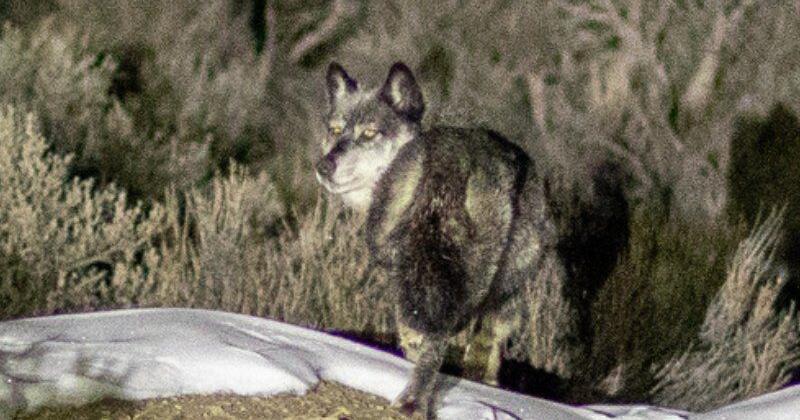The latest campaign finance reports for Colorado Advocates for Smart Wolf Policy, which aims to place an initiative banning more wolves on the 2026 ballot, indicate that fundraising remains a challenge.
In the last three months, the committee raised less than $10,000, according to TRACER, the secretary of state’s campaign finance database. The committee spent $18,729 during the same time period, almost all of which was allocated to consultants.
That brings the campaign’s total fundraising to just under $39,000. As of June 30, approximately $9,000 remains in the bank.
The campaign took in large donations in its first quarter, with Bruce and Marcy Benson (he’s the former CU president), who contributed $2,500 each. Two West Slope ranchers also made contributions of more than $2,500 each.
That meant about $29,000 in the bank as of April 1. But fundraising has lagged since then.
The most significant contribution since then has been from Charles Duray of Calhan, who penned an opinion piece for the website last week.
Duray has given more than $1,000 in the most recent reporting period.
Emails from the group have set much smaller goals than what was sought in the first quarter.
Initially, the group set goals as high as $200,000 for petition printing and distribution.
The most recent email set a goal of $2,500 for early July.
The group is running initiative #13, which aims to end the reintroduction of gray wolves in designated lands, including state public lands west of the Continental Divide, by Dec. 31, 2026.
To date, 25 wolves have been relocated to Colorado, with 10 coming from Oregon and 15 from British Columbia. Since then, three of the Oregon wolves have died, along with five of the British Columbia wolves. A ninth wolf, from the Copper Creek pack, was killed by CPW last month after it attacked livestock over Memorial Day weekend in Pitkin County. Necropsies on three of the five British Columbia wolves are pending; two died in April and one in May. A spokesperson for the U.S. Fish & Wildlife Service, which is conducting the necropsies, said, “Investigations regarding the three wolves are still active. Until the investigations are complete, no further information can be released at this time.”
Colorado Parks and Wildlife’s wolf management plan calls for introducing 30 to 50 wolves over a three- to five-year period. CPW Director Jeff Davis told the General Assembly’s Water Resources and Agriculture Review Committee last month that they intend to get the next batch of wolves from British Columbia.
Petitions, with a minimum of 124,238 valid signatures required, are due on Aug. 27.
